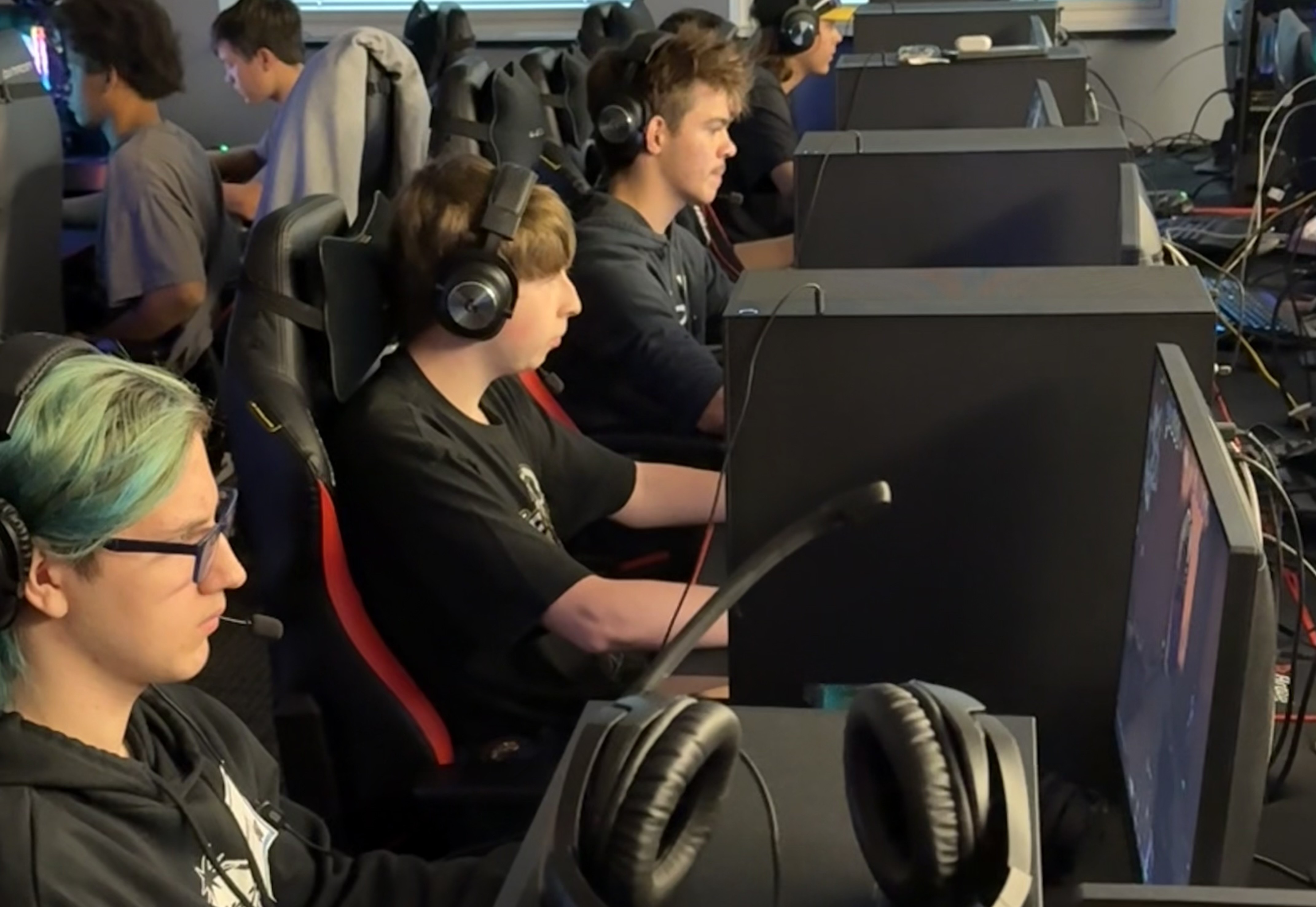Mark Bauerlein
Emory University professor Mark Bauerlein turned heads with his 2008 book The Dumbest Generation: How the Digital Age Stupefies Young Americans and Jeopardizes Our Future; Or, Don’t Trust Anyone Under 30. In it he posits that the proliferation of technology causes precipitous drops in general knowledge and reading in general. As he told an interviewer for The Hub, Emory’s quarterly magazine, “You can quote me on this: You guys don’t know anything.” Bauerlein has taught at Emory since 1989 except for a break between 2003 and 2005, when he directed the office of research and analysis at the National Endowment for the Arts.
T&L contributing editor Matt Bolch spoke with Mr. Bauerlein about his take on edtech.
1. So what role (if any) should technology play in education?
It should play a large and significant role in the classroom and homework, but not so large that it becomes a crutch instead of an aide. Students need to maintain a critical perspective on the tools, and that's hard if every darn minute and square foot of the campus is digitalized. One way of sustaining that is to insert a few assignments now and then that prohibit the use of (technology). Have them do research that uses microfilm and archives, no Google. Have them spend 15 minutes each morning reading a print newspaper, not a news web page. The goal isn't to dispel technology, but just to preserve a small but critical mass of nontechnological learning and inquiring.
2. How does one strike a balance between a good, general education and the predominance of technology in our lives?
That's practically impossible. Remember that tools and web sites make money by increasing consumption. They want eyes and ears all the time, and they don't want to share them with book reading and museum visits and library browsing. Add to that the peer pressure that teen-agers undergo and the ways in which the tools have become armaments of it. What happens to a kid who doesn't have a cell phone? He gets left out. What happens if she drops off of Facebook? The conversation proceeds without her. Nothing is worse for a 17-year-old.
So, parents need to institute a ritual of disconnection in the home. For one hour after dinner, for instance, everybody reads (parents have to model this themselves--they can't just say, "Go to your room and read a book"). In the morning over breakfast, they might wheel a TV into the room and have the kids watch C-Span or some other serious programming. I have a 5-year-old, and if I have one hour of reading time with him in bed at night and an hour or so of good conversation with him during the day, then I don't care if he goes on the web to look at dinosaurs fighting. It is, as you say, a balance thing. But if i don't insist on the reading ritual, it won't happen.
Tools and ideas to transform education. Sign up below.
3. Who are the winners of the digital age?
Apple, Facebook, ... people who read the near future and design a site accordingly. People who understand human behavior and know which tools to invent. For everybody else, it's a toss-up. sometimes people think that the digital age will empower individuals and foster democracy and justice. Sometimes yes, sometimes no. Forces of injustice can use the tools just as well as others. The ability to text your friends at any time of the day and night is not an advantage. The ability to make a video of yourself at a party is no gain in intelligence. When we start seeing more signs of knowledge and awareness and engagement among digital natives, then we can become optimists. I'm still waiting.
